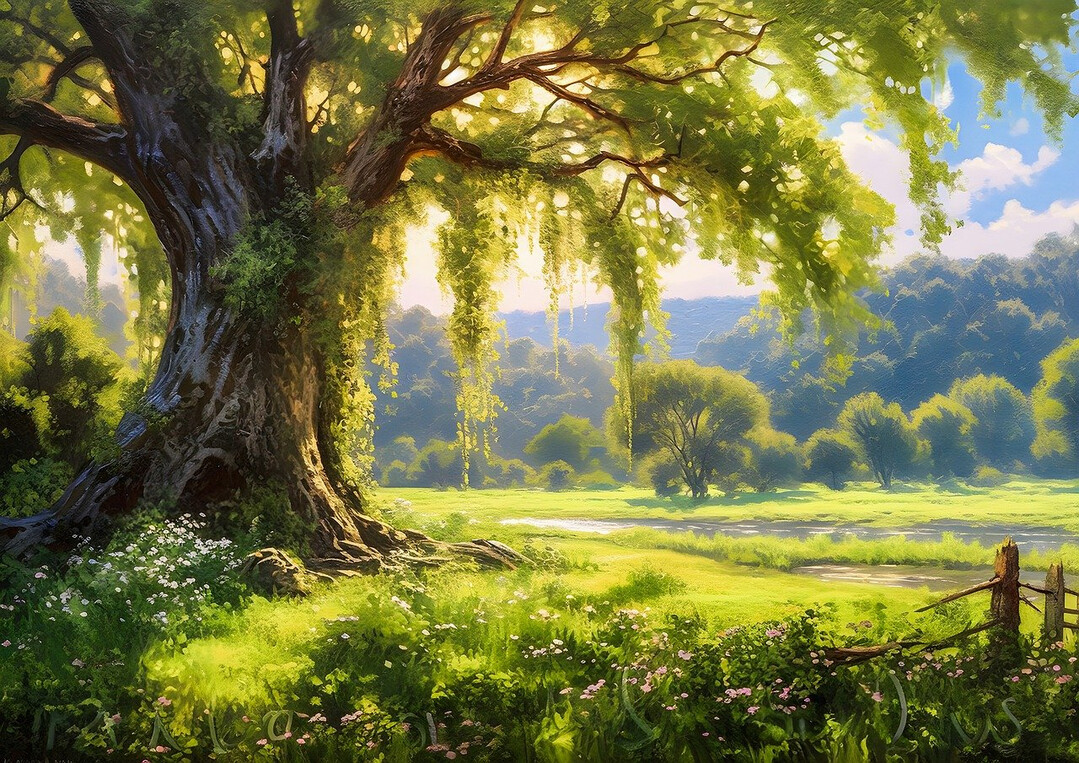
Just as a meteor strike once wiped out the dinosaurs, humanity is now posing a colossal threat to the Earth's ecosystem. The rate of plant extinction is accelerating at an alarming pace, posing a severe risk to human survival.
We often associate endangered species with charismatic animals like polar bears or tigers, but we tend to overlook the plight of plants. This phenomenon is sometimes called "plant blindness." Unlike animals, plants are static and don't exhibit cute appearances or interesting behaviors, making them easy to ignore. However, plants are the foundation of the Earth's ecosystem and are essential for human survival.
Plants provide us with numerous benefits. They supply us with food, medicine, and oxygen, while also playing a crucial role in maintaining ecosystems by preserving soil and regulating climate. For example, mangrove forests protect coastlines from storms and tsunamis, while forests absorb carbon dioxide and mitigate climate change.
Globally, plant extinction rates are skyrocketing. Climate change, habitat destruction, and invasive species are all threatening plant survival. The destruction of tropical rainforests, in particular, is a major cause of biodiversity loss.
Plant extinction goes beyond the loss of individual species. It can lead to the collapse of entire ecosystems. As primary producers in the food chain, plants support the survival of other organisms. If plants disappear, the animals that depend on them will also become extinct. Moreover, plants enrich soils, regulate water cycles, and stabilize the climate, providing a multitude of ecosystem services. Therefore, plant extinction poses a serious threat to human survival.
To prevent plant extinction, a variety of efforts are needed. We must raise awareness of the importance of plants and intensify research on endangered species. Additionally, we must promote conservation activities such as habitat protection, seed banking, and restoration.
Plants are the cornerstone of the Earth's ecosystem and precious resources. We must recognize their importance and actively work to protect endangered plant species. If we don't act now, we risk leaving a less habitable planet for future generations.
[Copyright (c) Global Economic Times. All Rights Reserved.]



























